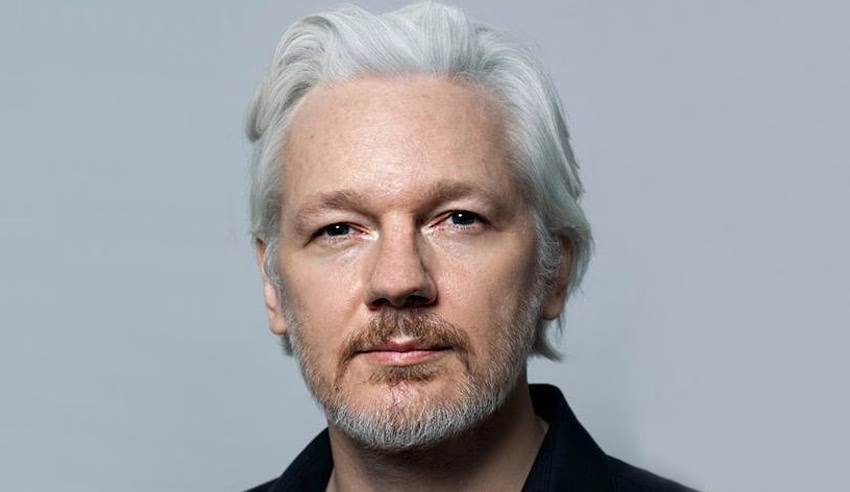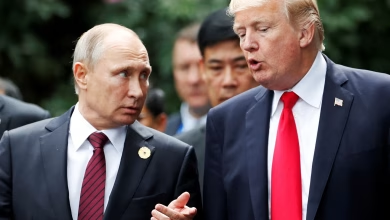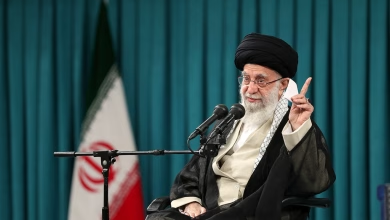Julian Assange has spent the past 14 years either in asylum at the Ecuadoran embassy in London to evade arrest or imprisoned at Belmarsh Prison in the UK. He was released in June after serving a sentence for publishing hundreds of thousands of classified U.S. government documents.
In his first public remarks since being freed, Assange addressed the Council of Europe in Strasbourg, stating, “I am not free today because the system worked. I am free today after years of incarceration because I pleaded guilty to journalism.” He reflected on his decision to pursue freedom over an unattainable justice, pointing out that he had faced a potential 175-year prison sentence.
Flanked by his wife Stella, who had campaigned for his release, Assange emphasized that “journalism is not a crime; it is a pillar of a free and informed society.” He urged that “journalists should not be prosecuted for doing their jobs.”
Wikileaks’ publication of confidential documents revealed candid U.S. State Department reports on foreign leaders, accounts of extrajudicial killings, and intelligence operations against allies. Assange argued that his case exposed “how powerful intelligence organizations engage in transnational repression,” warning that such practices “cannot become the norm.”
His comments highlighted the broader implications of his case for press freedom and the protection of journalists worldwide.
During his address, Julian Assange expressed regret, stating that “ground has been lost” during his incarceration, as he now observes “more impunity, more secrecy, and more retaliation for telling the truth.” He warned that “freedom of expression and all that flows from it is at a dark crossroads,” urging action at the legal committee hearing of the Parliamentary Assembly of the Council of Europe (PACE).
Assange called on people to “ensure the light of freedom never dims,” advocating for the pursuit of truth and preventing the silencing of voices by the powerful few. His case remains polarizing, with supporters praising him as a defender of free speech, while critics accuse him of irresponsibly leaking sensitive documents that endangered lives and compromised U.S. security.
U.S. President Joe Biden, who may issue pardons before leaving office, has previously referred to Assange as a “terrorist.” Assange continues to seek a U.S. presidential pardon for his conviction under the Espionage Act.
His appearance at the Council of Europe, a body representing the 46 signatories of the European Convention on Human Rights, has raised questions as the organization has no direct influence over his legal fate. Despite this, Assange remains determined in his campaign for clemency.




